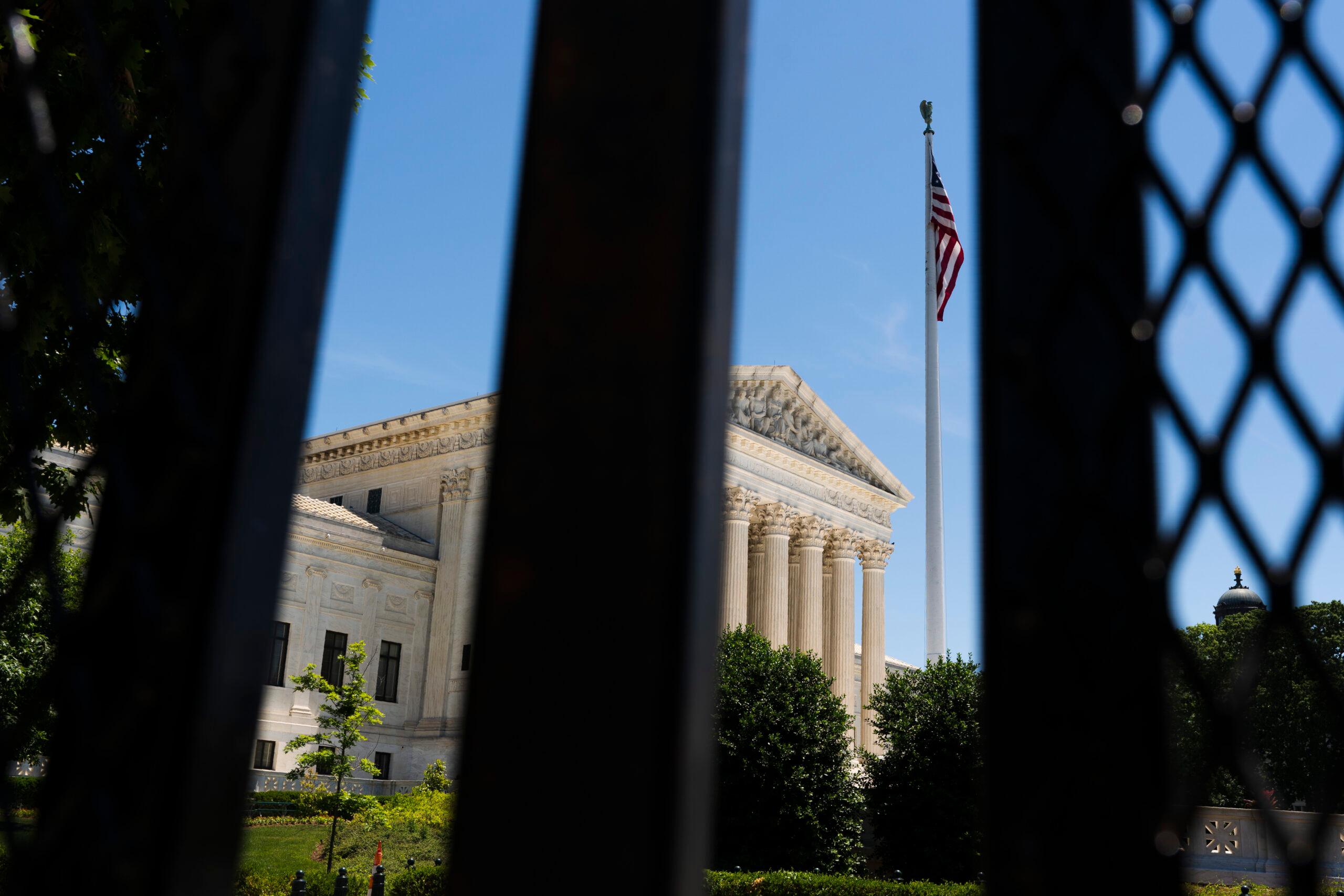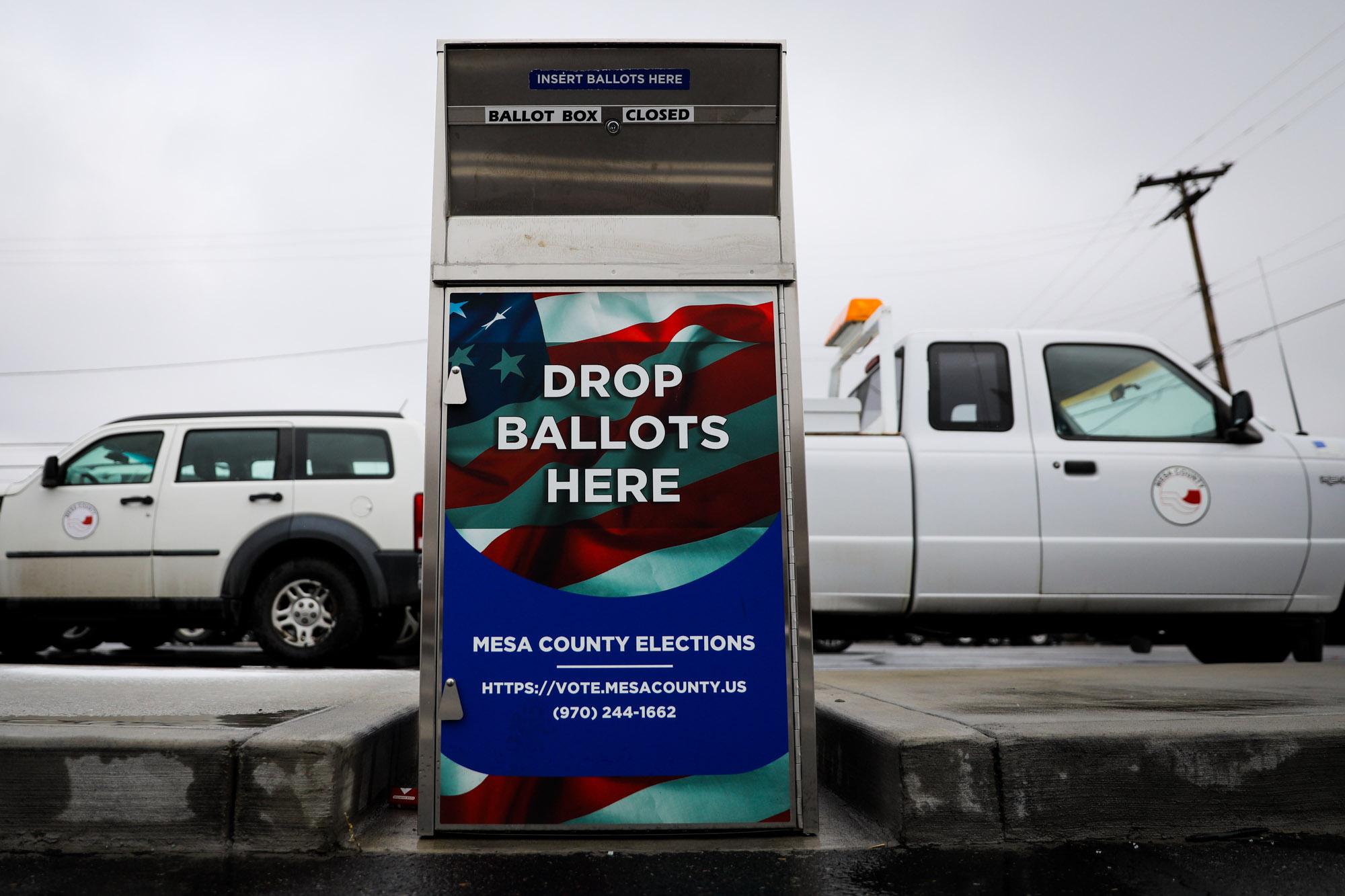
The Facebook messages from the convicted stalker to the musician ranged from offers to bring over garden tomatoes to chats about her former automobiles to menacing rants expressing frustration and telling her to “die.”
For two years, a Colorado-based singer-songwriter received more than 1,000 messages over social media from a Denver man who had seen her perform at a handful of local venues. She actually believes it was more because she blocked him so many times that no one can really capture how many messages he may have tried to send.
The singer-songwriter, identified in court documents as C.W., felt his persistence, and the content and frequency of his messages was creepy and invasive.
Even after repeatedly blocking the man, he would create another profile and keep sending her messages.
She never recalled responding to any of them. She discovered the man was on federal probation on another case and grew fearful of her own safety. She canceled two concert performances and declined to perform in a dozen others, which she said caused her a loss of $1,500 per show. She told police she was drinking more alcohol and she started to do marijuana to ease stress. She stopped going out at night alone.
Arrested for stalking
After two years, she went to the police and Denver officers arrested Billy Raymond Counterman, now 61, for harassment and stalking.
Counterman told police, according to court documents, he thought she was responding to him, though couldn’t tell officers how or show them proof that was true. He also said he talked to her at one of her performances, though she didn’t recall that. His lawyers say there were some mental health problems.
Counterman was eventually charged in Arapahoe County court with stalking. During the trial, his public defenders filed a motion to dismiss saying his Facebook messages were protected under both the First Amendment and the Colorado Constitution. Their argument was they weren’t “true threats,” and they should be protected from criminal prosecution.
A state judge denied that motion, and Counterman was convicted. He served two and a half years in prison and another year on parole.
Meanwhile, C.W., the singer-songwriter, has moved and now lives in an undisclosed location. Her lawyer says she is still fearful and has, by and large, given up her music career in big concert venues because she remains afraid.
“She wanted to be a performing musician, she loved being in front of crowds, plying her craft and that suddenly became too dangerous for her to pursue,” said Paul Cassell, a criminal law professor at the University of Utah. Cassell is representing C.W. in this case. “She never knew when sitting in the front row would be a deranged individual sending threatening messages to her.”
Free speech and a test of state law
These are the basic facts of a 7-year-old stalking case that received quite literally no attention at the time and now has wound its way to the U.S. Supreme Court as the latest free speech battle that tests Colorado’s stalking laws. Oral arguments will be heard in April.
At issue is what is a “true threat” and whether Colorado’s law — which currently allows for imprisoning someone for writing threatening messages that are perceived as frightening or intimidating by a victim — violates the First Amendment.
“I think this really highlights the kind of errors that can happen here,” said John Elwood, a Washington, D.C., based attorney who will be arguing the case on behalf of Counterman in front of the high court. “There is a fair amount of consensus that Mr. Counterman had mental health issues … The words coming out of someone’s mouth, he really did not understand them to be a threat. Here there is a real reason to believe he didn’t understand it in those terms.”
The state of Colorado disagrees.
“Here, the facts are really compelling,” said state Attorney General Phil Weiser, whose team will defend the state’s stalking law. “This is not a new issue in the sense that we've had this, in person, over the phone, over letters. And it’s now happening on social media. What’s different is that it’s easier to threaten on social media, and our position is: The nature of the threat doesn’t have to be different. If someone said all this in-person, ‘I’m watching you. I saw you the other night. I’m going to keep watching you and I want you to die.’ That’s functionally the same as saying it over Facebook.”
‘This area of law is currently a mess’
True threats are a category of speech that is not protected by the First Amendment, similar to obscenity or child pornography. There are currently varying standards in state and higher courts on whether the person issuing statements actually meant to threaten someone or whether it was simply perceived as threatening, which lawyers call objective or subjective intent.
In Colorado, it doesn’t necessarily matter whether the person delivering the speech intended for it to be threatening, but if law enforcement deems it to be “objectively” threatening plus the victim feels threatened, that is sufficient enough for prosecution in the state’s criminal justice system.
“The Supreme Court has to pick cases, they have to adopt a standard that works for all kinds of speech,” Elwood said. “It involves political speech and all kinds of speech online.”
Free speech advocates say the national standard should be less than that Colorado prosecutorial standard. That is, they think it needs to be proven that a person objectively knew they were making threats and the victim also suffered from those threats.
“This area of law is currently a mess. Dozens of different federal courts and state courts apply at least three different versions of this,” said Jay Schweikert, a research fellow at the Cato Institute. Schweikert plans to write an amicus brief on behalf of Counterman. “We believe that for something to count as a true threat that it has to be intended as a threat and received as a threat.”
Second free speech case from Colorado
This is the second first amendment case to be argued in front of the nation’s highest court this year.
In December, justices weighed whether a Colorado-based website designer can refuse to create wedding websites for gay couples under the state’s public accommodations law. The designer argues being forced to accommodate gay couples violates her free speech rights to create the products that she wants to.
The stalking case puts Weiser in the same camp as law enforcement and pro-victim’s rights advocates, both of whom say making it easier for people to make all manner of threats — online or in person — would impinge on public safety.
Weiser said he has deep concerns given Colorado’s domestic violence numbers are so high right now.
“We’re at a time of increasing, threatening discourse and violence in ways that leave people feeling less safe,” Weiser said. “And the importance of allowing prosecutions like this case against C.W. is that it’s protecting people before the harm to them gets even worse.”
This isn’t the first time the high court has taken up a “true threat” free speech case. Stretching as far back as Alexander Hamilton, the courts have woven through state and federal case law through the years and made various rulings that have never completely settled the question. That is, trying to define what type of speech or “fighting words” are protected by the First Amendment and what isn’t protected. That includes the various weights the court gives in that standard to the speaker’s “intent” versus the way the victim perceived that speech.
For example, in 2003, the Supreme Court upheld a state statute making it illegal to burn a cross in public or intimidate others, ruling that cross burning was a true threat intending to cause intimidation.
Troublesome precedent?
Libertarians and free speech advocates who will argue this case on Counterman’s side say the case has the potential to create a troublesome precedent to crack down on free speech — particularly against the government.
“It’s everything George Orwell talked about in his novels,” said John Whitehead, a constitutional lawyer and scholar at the Rutherford Institute, a Virginia-based constitutional advocacy group. “I don’t want to see someone go to jail for four years, like in the Counterman case, for whatever he was saying. I think the Supreme Court needs to set a really good standard, to what is actually a true threat in a case like this.”
Both Whitehead and Schweikert, at Cato, make a distinction about online speech versus physical stalking — particularly since online speech, in and of itself, is so much more easily communicated.
They also argue that in cases like C.W.’s, a restraining order could have sufficed to keep her safe — rather than Counterman’s prison time.
“People make a lot of hyperbolic criticisms of government online,” Schweikert said. “Imagine any person you would least likely to see as president, that you would be most critical of, imagine them getting to decide that this made me feel threatened and I get to decide to prosecute this person for making me feel threatened. That is what is at stake here.”
But lawyers arguing on behalf of the victim, in this case, call all of that hyperbole.
“To those who say this is going to be terrible for political speech, make them show a concrete example, they can’t,,” Cassell said. “What’s a little frustrating to me is people saying, ‘wow there is going to be a big change! Really? Well there are millions of people living in Colorado … they don’t seem to have a problem criticizing their politicians, why is there all of the sudden going to be a squelching of free speech?’”
What about protecting victims?
Cassell said if the Supreme Court overturns Colorado’s law, victims won’t have as much protection. He said the problem with a legal standard that looks at whether the speaker “intended” to intimidate is that it lets off deranged, or otherwise dangerous, people from criminal prosecution, who later say they didn’t mean anything by the threats.
“I think it’s important that the law give primacy here to protecting victims rather than plumbing the depths of a defendant’s mind to explore what he may be thinking,” Cassell said.
The messages C.W. received from Counterman touched on surveillance, anger, escalation and indifference to her well-being and life.
One message said, “Was that you in the white Jeep?” and “only a couple of physical sightings” and “a fine display with your partner” and “tell your friend to get lost” and “you’re not being good for human relations. Die. Don’t need you.”
In a statement, C.W. said, she was grateful law enforcement took the threats seriously.
"As the Supreme Court weighs this issue, I hope it will consider how dangerous stalking is for victims and their families all over this country. The threat was very real and caused me significant and enduring harm," she said. "I am grateful that when I reported these alarming messages, they were taken seriously, and many folks in law enforcement and the criminal justice system did everything they could to protect me. If you are afraid – please – trust yourself, and reach out for help."
Her lawyer said if the criminal justice system is supposed to ignore speech like this, then that, too, sets a dangerous precedent.
“Do we want to live in a society where women singers like C.W. can be threatened by people like Counterman and there is no way for the criminal justice system to stop that?” Cassell said. “It forced C.W. to give up her dream and for what benefit on the other side? I don’t see any social benefit to someone like Counterman being able to send thousands of unwanted communications that a reasonable person would determine as threats.”
Schweikert said he’s not arguing about the value of Counterman’s speech — but the overarching point that people should be able to express themselves online when they are not intending harm.
“No one is going to look at these messages and say ‘wow, this is super valuable speech,’ ” he said. “At best, they were creepy messages. No one is disputing that. But the kind of pure doctrinal question is that this is a major First Amendment law and if it goes the wrong way, it could seriously imperil a huge swath of political speech.”









